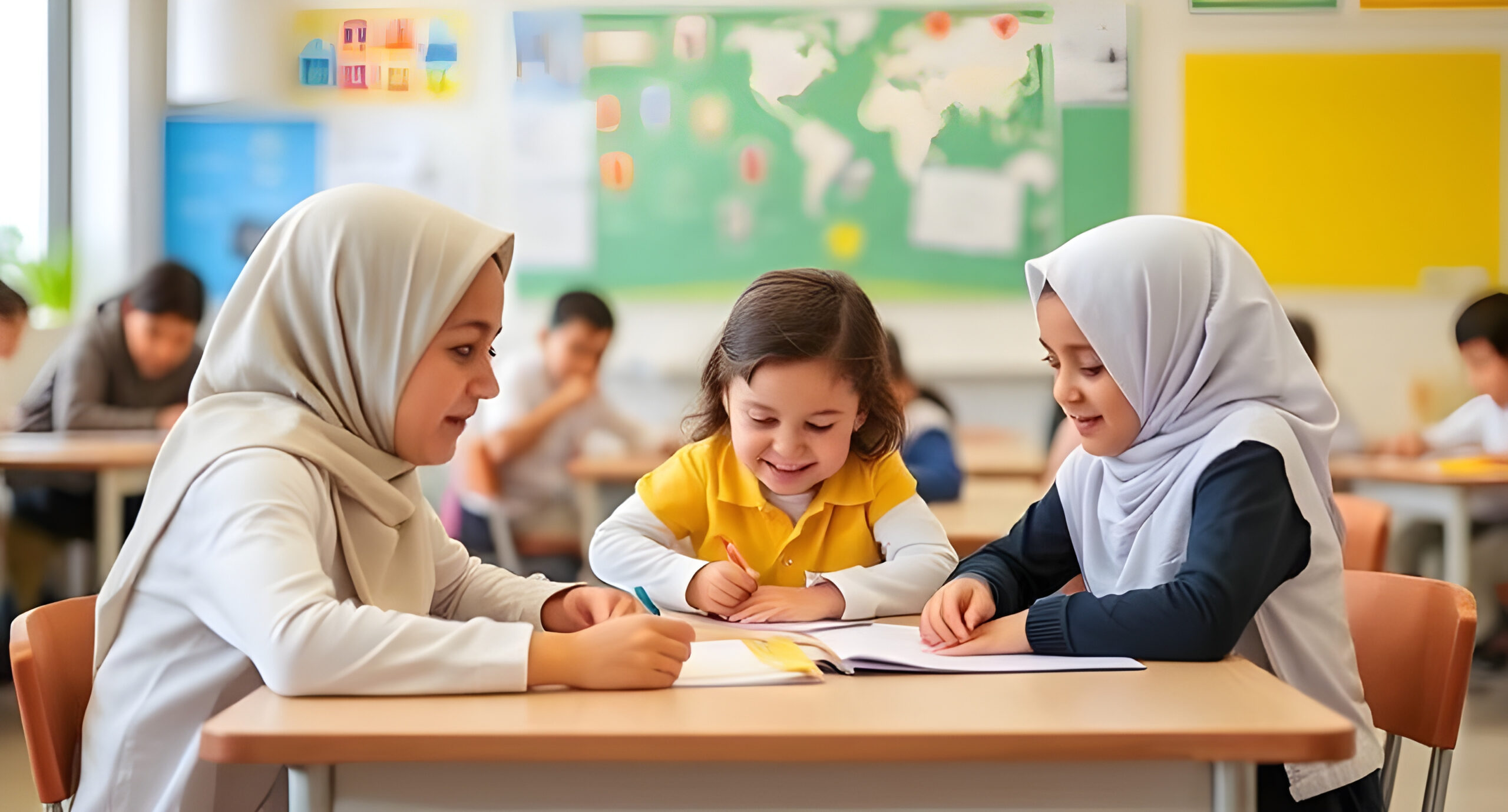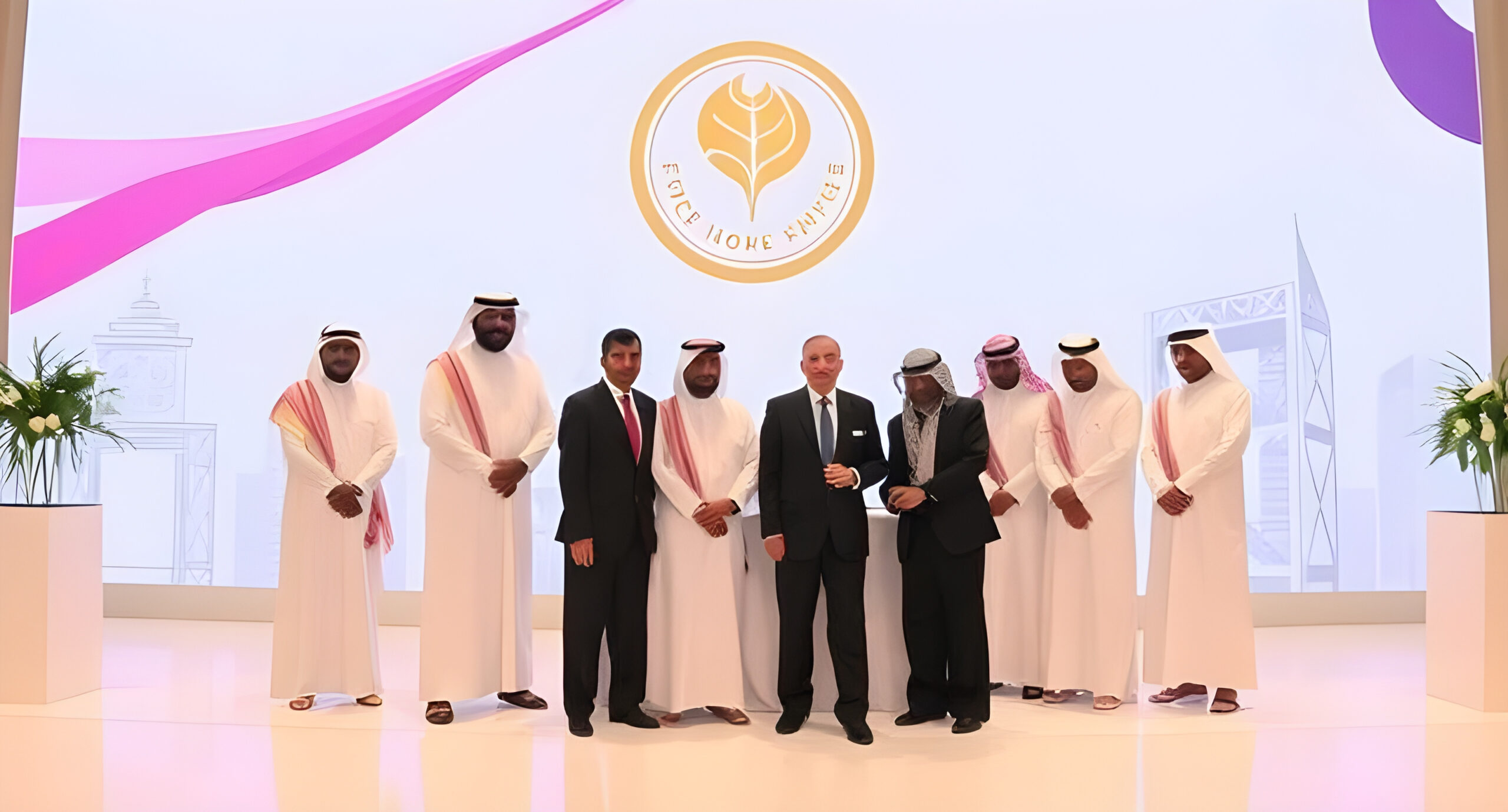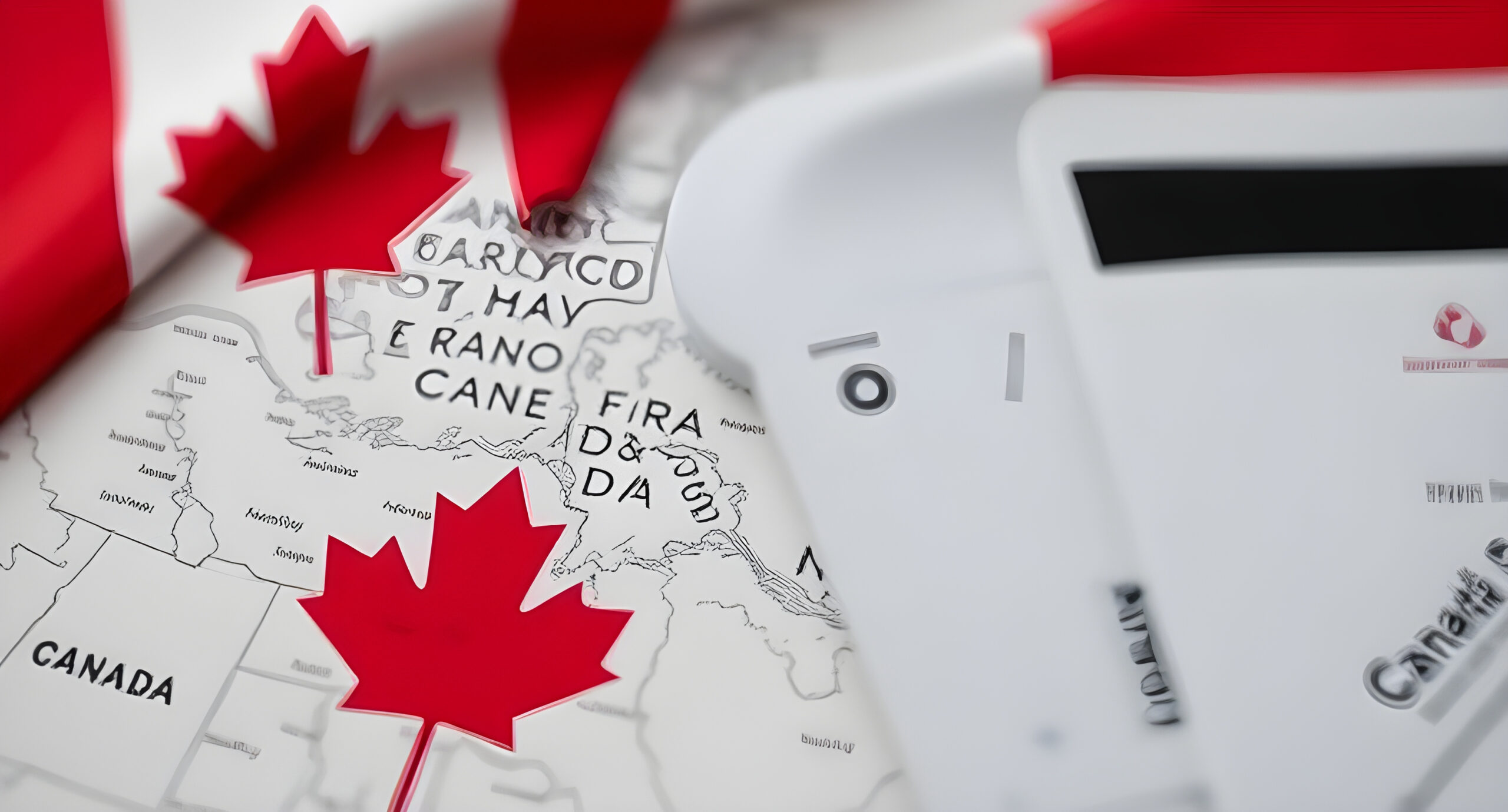In Abu Dhabi, schools are now mandated by the Abu Dhabi Department of Education and Knowledge (ADEK) to accept students with special needs or learning disabilities, ensuring inclusivity in education. This new policy requires schools to provide detailed evidence if they claim inability to accommodate a student, with ADEK reviewing such cases and potentially overturning rejection decisions. Schools must develop specialized inclusion teams and can apply for assistive technology to support students with specific needs. The policy extends beyond students of determination, promoting inclusive practices for all students with additional learning needs. Non-compliance may result in fines and other consequences. Parents can seek assistance from ADEK’s customer happiness centre for placement issues. The policy also introduces inclusion teachers to support students needing extra help and changes the role of inclusion assistants.
ADEK’s inclusion policy is part of a broader effort to ensure that every student has equitable access to education. It emphasizes the importance of providing evidence-based support for students with additional learning needs and encourages schools to adapt their teaching methods to meet diverse student requirements. The policy reflects a commitment to fostering an inclusive school culture that values diversity and supports students’ personal development. By promoting inclusive practices and providing necessary accommodations, ADEK aims to enhance the educational experience for all students in Abu Dhabi.
The introduction of inclusion teachers and the redefinition of roles for inclusion assistants underscore the policy’s focus on integrating support within the classroom environment. Schools are encouraged to develop comprehensive plans to support students with special needs, including Individualized Education Plans (IEPs) and Documented Learning Plans (DLPs). These plans are crucial for ensuring that students receive tailored support that addresses their unique learning needs and challenges.
Moreover, ADEK’s policy highlights the importance of collaboration between schools and external specialists to deliver a multidisciplinary approach to support. This collaboration is essential for providing students with access to specialized services and resources that may not be available within the school itself. By fostering such partnerships, ADEK aims to create a supportive educational ecosystem that caters to the diverse needs of its student population.
The policy also emphasizes the role of technology in enhancing inclusivity. Schools can apply for assistive technology, such as Braille machines for students with visual disabilities, to ensure that all students have equal opportunities to engage with the curriculum. This focus on technology reflects ADEK’s commitment to leveraging innovative solutions to support inclusive education.
In summary, ADEK’s inclusion policy marks a significant step towards creating a more inclusive and supportive educational environment in Abu Dhabi. By mandating schools to accept students with special needs and providing resources for support, ADEK is working to ensure that every student has the opportunity to reach their full potential.





